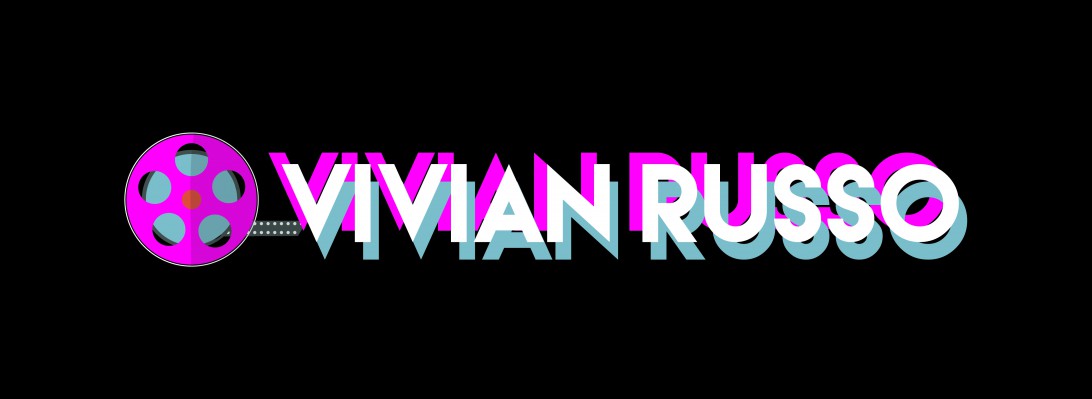 There’s a popular belief that historical films have a slow pace and can become boring. While that is the case sometimes, effective filmmaking can be done in all genres. The Imitation Game manages a dynamic levity to the narration, never becoming uninteresting or slow.
There’s a popular belief that historical films have a slow pace and can become boring. While that is the case sometimes, effective filmmaking can be done in all genres. The Imitation Game manages a dynamic levity to the narration, never becoming uninteresting or slow.
The Imitation Game tells the true story of mathematician Alan Turing (Benedict Cumberbatch), who broke the Nazi’s enigma code in World War II and was later prosecuted for homosexual acts. His fellow scientists include Joan Clarke (Keira Knightley), and Hugh Alexander (Matthew Goode), and supporting parts from Mark Strong and Charles Dance.
Being a strong movie, there are many perks to The Imitation Game. The performances by Cumberbatch and Knightley lifted a perfectly written script by Oscar winner Graham Moore. They are all corresponding pieces to a masterpiece puzzle.
Benedict has been around for a while, with important roles like Sherlock Holmes in the TV series Sherlock, playing WikiLeaks founder Julian Assange, and a shy momma’s boy in August: Osage County, to name a few. The Imitation Game is his finest work to date. Keira does her thing, proving why she’s so good at period-pieces.
The viewer can tell there’s a lot of heart from the filmmakers. Starting with Moore, who’s personally involved with the character Alan Turing, wanting to make him justice. The Imitation Game sheds some light on unspeakable crimes committed based on sexual orientation, showing the brutality didn’t end in 1945.
The director, Morten Tyldum conveys his message through intimate shots that show emotions in characters. Tyldum has a clear point of view regardless that this is his first feature film in English. The duo of Moore and Tyldum managed the time differences perfectly, which is one of the most enjoyable tricks of cinema. The story of Turing is told from his childhood in a all-boys boarding school, during World War II and in the 1950’s England. The dialogues were relatable and emotional, managing its own language and self-reference by the end. The balance is reflected on the audience’s sensation, it went from heavy sadness, to witty comedy all the time. The music is flawless, as expected when composed by the genius Alexandre Desplat.
This year was a strong one for period pieces, with movies like The Theory of Everything, The Grand Budapest Hotel and Big Eyes. The Imitation Game stands out as a piece that has little critique to be pointed out, distancing itself from The Iron Lady, where the only good thing is a single performance, whereas the rest is plain boring. The Imitation Game is 5/5, an underdog from 2014, similar to last year’s American Hustle, it went through the awards season under the table.
Hay una creencia popular que las películas históricas son lentas hasta llegar al punto de aburrir. Aunque ese es el caso a veces, la filmografía eficiente trasciende un género determinado. El código enigma maneja un dinamismo y levedad en la narración, nunca dejando de ser interesante o poniéndose lenta.
El código enigma cuenta la historia real del maemático Alan Turing (Benedict Cumberbatch), que rompió el código enigma de los Nazis en la Segunda Guerra Mundial y fue apresado posteriormente por actos homosexuales. Sus compañeros científicos incluyen a Joan Clarke (Keira Knightley), y Hugh Alexander (Matthew Goode), con papeles secundarios de Mark Strong y Charles Dance.
Siendo una película fuerte, El código enigma tiene muchas ventajas. Las interpretaciones de Cumberbatch y Knightley levantan un guion perfecto del ganador del Óscar, Graham Moore. Son piezas correspondientes en una obra de arte de rompecabeza.
Benedict tiene un tiempo en el medio, con papeles importantes como Sherlock Holmes en la serie de TV Sherlock, interpretando al fundador de WikiLeaks Julian Assange, y como un tímido hijo de mamá en Las vueltas del destino, por nombrar algunos. El código enigma es su mejor trabajo hasta la fecha. Keira también se luce, probando por qué es buena en películas de época.
El espectador se puede dar cuenta del corazón que pusieron los cineastas. Empezando con Moore, que está involucrado personalmente con el personaje de Alan Turing, y hacerle justicia. El código enigma alumbra los crímenes cometidos por orientación sexual, mostrando que la brutalidad no acabó en 1945.
El director, Morten Tyldum transmite su mensaje con tomas íntimas que ponen en evidencia sentimientos de personajes. Tyldum tiene una visión clara, aunque este sea su primer largometraje en inglés. La dupla Moore-Tyldum manejó las diferencias de tiempo a la perfección, ofreciendo uno de los disfrutes en los trucos del cine. La historia de Turing se cuenta desde su infancia en un internado sólo para muchachos, la época de la Segunda Guerra Mundial y la Inglaterra de los 1950’s. Los diálogos generan empatía y emoción, ingeniándoselas para construir su propio lenguaje y hacerse referencia a sí misma. El balance se muestra en la sensación de la audiencia, que va de una pesada tristeza a comedia ocurrente todo el tiempo. La música no tiene defectos, como se espera al ser compuesta por el genio Alexandre Desplat.
Este año fue uno fuerte para las películas de época, con La teoría del todo, El gran hotel Budapest y Big Eyes. El código enigma resalta como una pieza con pocas críticas que hacer, distanciándose de La dama de hierro, donde lo bueno es una sóla interpretación y el resto de la película es simplemente aburrida. El código enigma es 5/5, el desvalido de 2014, similar a Escándalo Americano el año pasado, que pasó debajo de la mesa en la temporada de premiaciones.
Vivian Russo

